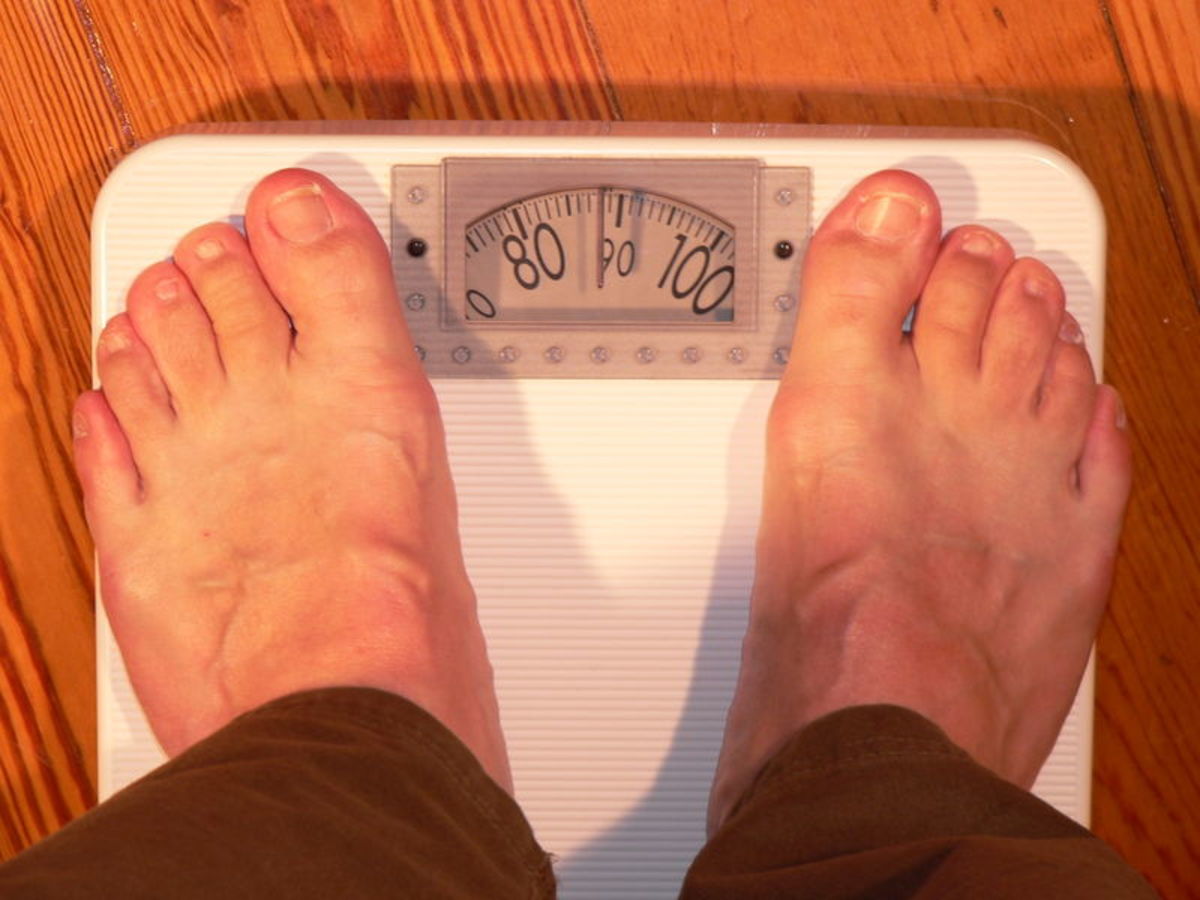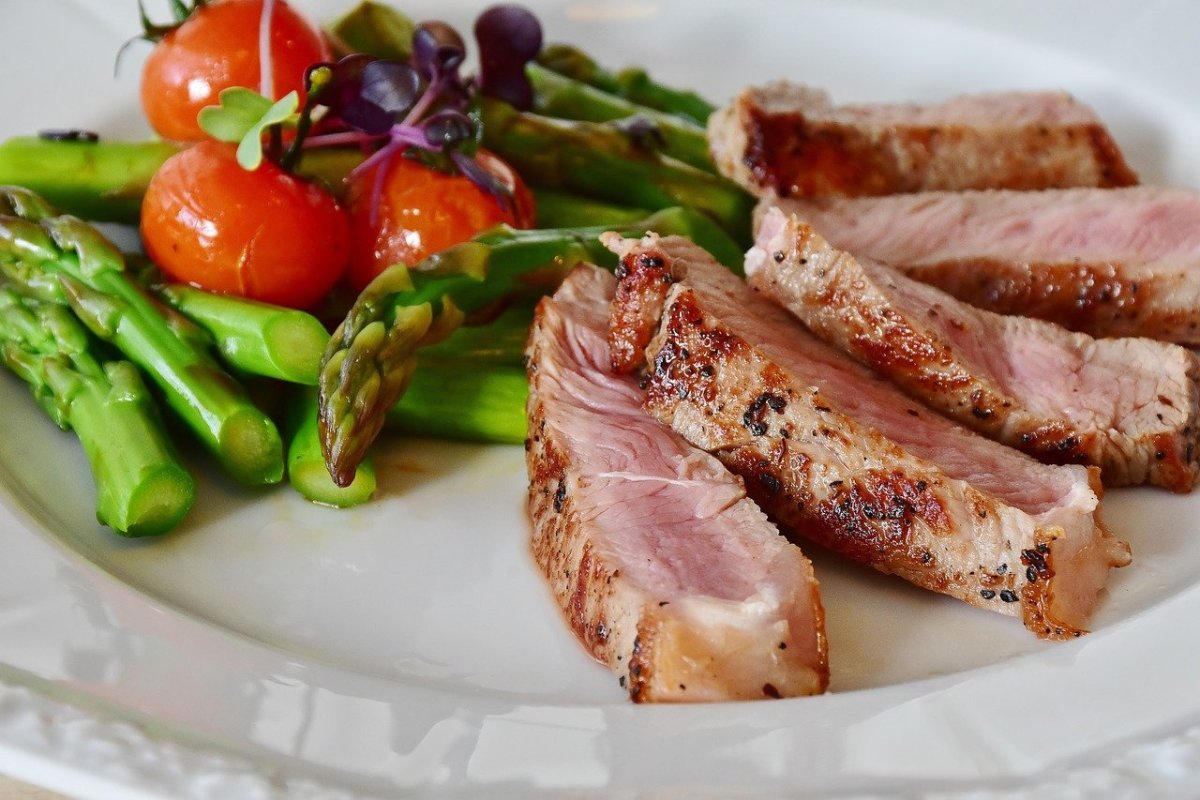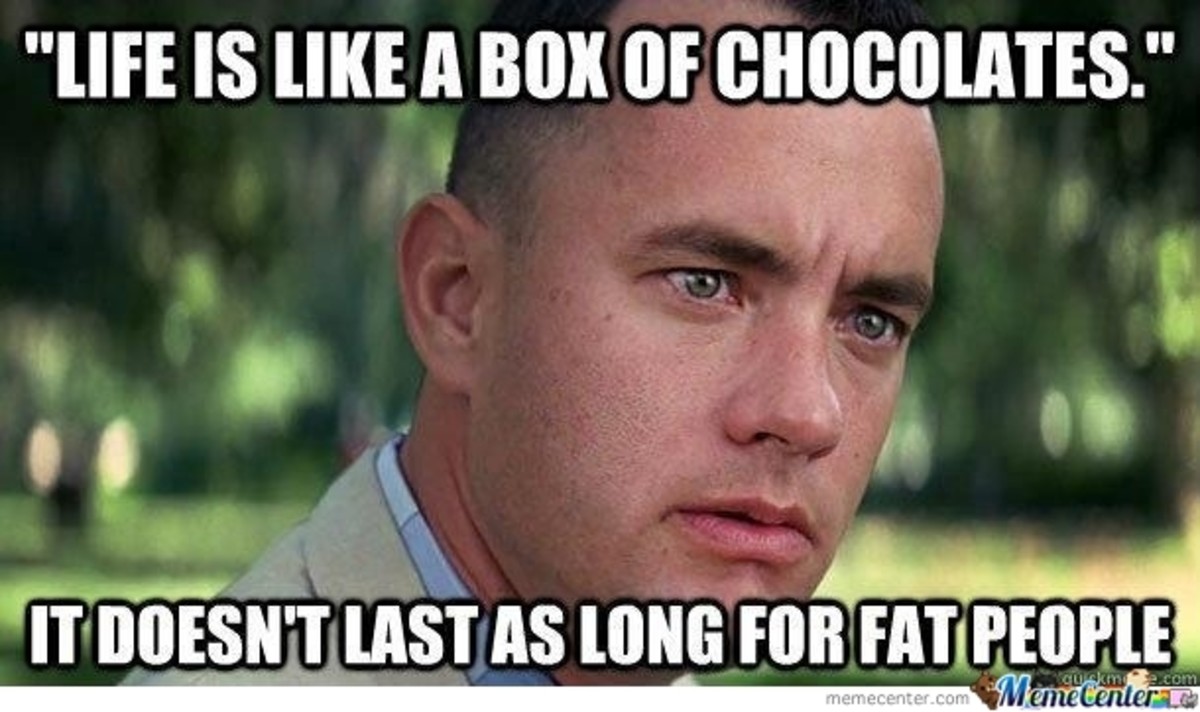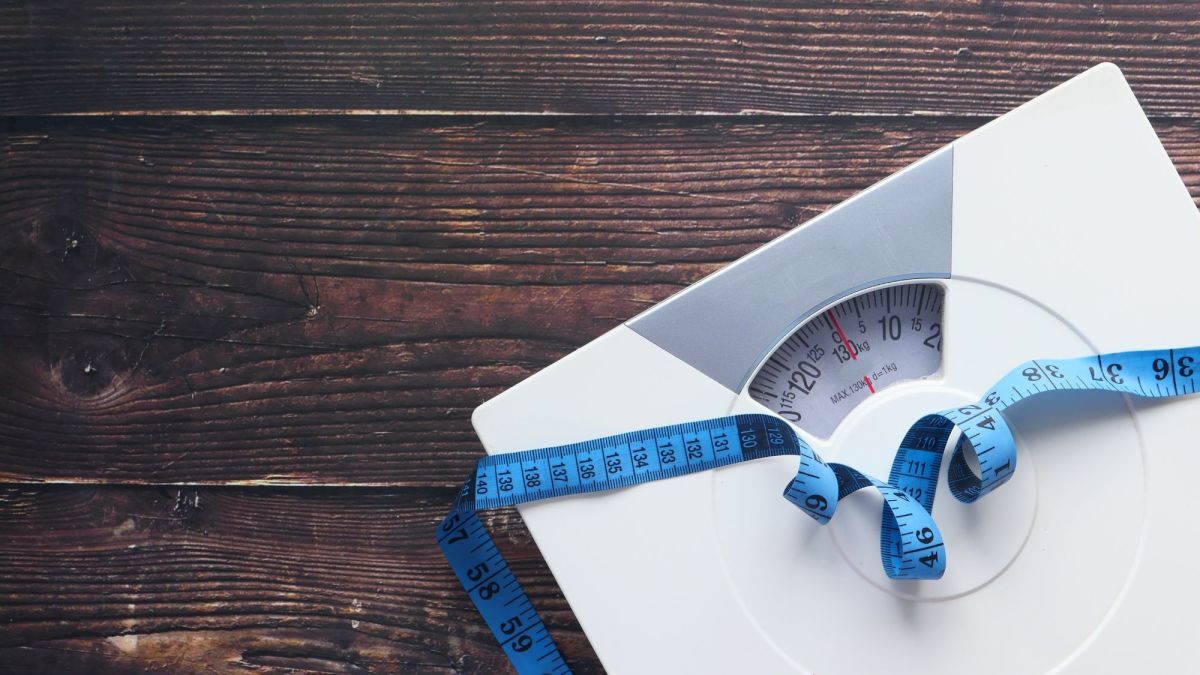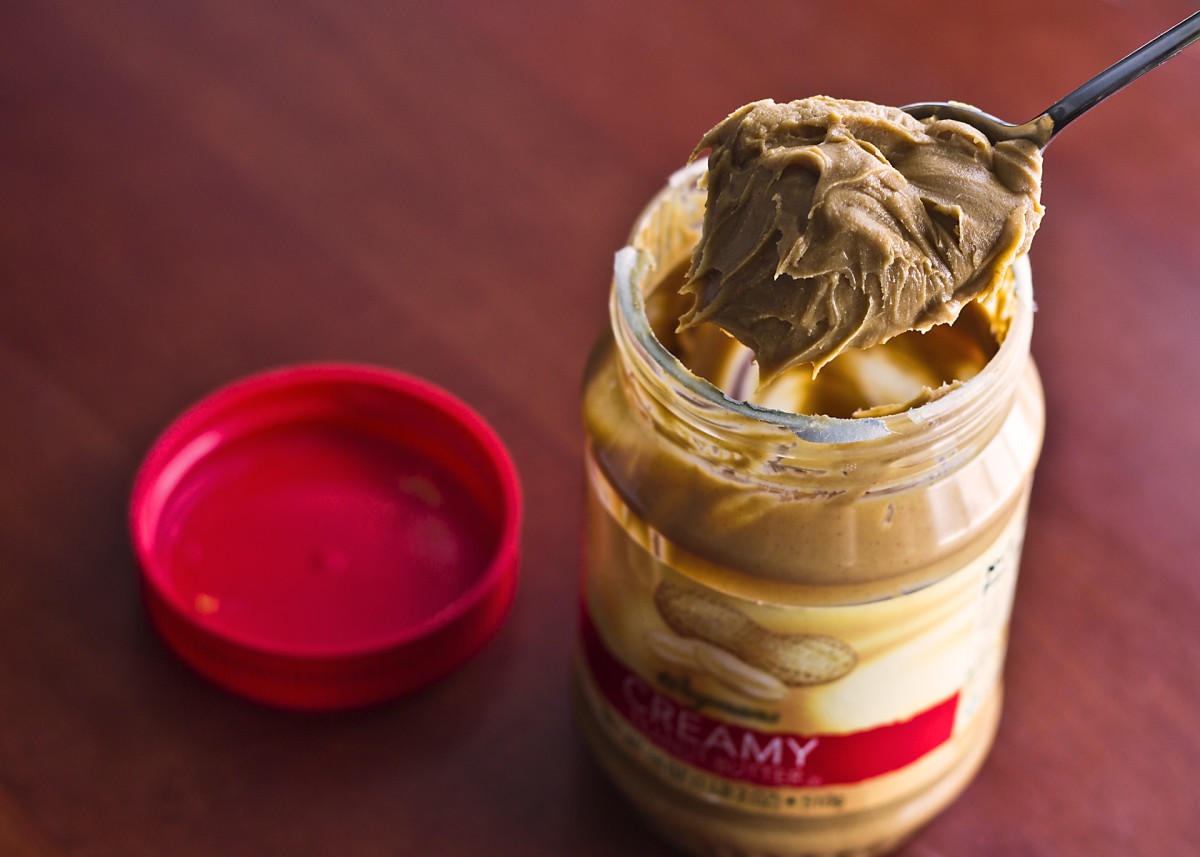Stop Paying So Much Attention to Your Bathroom Scale!
Do You see that bathroom scale over there?
Will you please stop paying so much attention to it!
Every time the scale reads a higher number you get all depressed and think you're getting fatter. You think that what you're doing isn't working and that you just can't lose fat.
Sound familiar?
Well, you could be very wrong. You could just be gaining muscle and that's not a bad thing at all!
A scale is only going to show you one thing: your total body weight. That includes your fat, muscle, bones, organs, water and so on.
Lose FAT, Not Weight!
Muscle weighs more than fat by volume; if you took a handful of fat and a handful of muscle, the muscle would weigh a lot more because of its density.
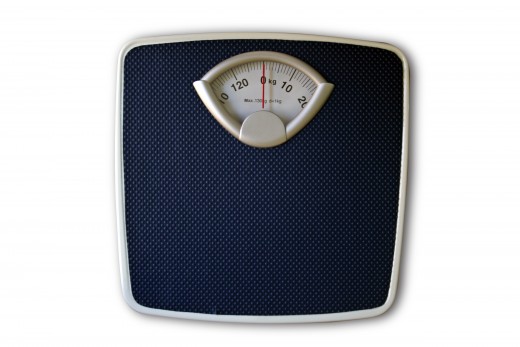
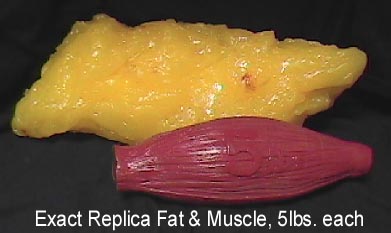
So, if you lose a decent amount of fat and gain a little muscle, you may actually end up weighing the same as when you started. You can have two people that are the same gender, age, height and weight and one will look way fatter than the other. How is that possible? Well the guy sporting the 6-pack has a lower body fat percentage and probably a lot more muscle on his body.
So how will you know when you're making progress?
Here's the simplest way: look in your mirror! Look at yourself, do you look better? Better yet, do you feel better? Don't let the numbers your scales feeds you discourage you.
A more efficient way would be to take some pictures of yourself. Take a picture of your body before you started working out and then take more pictures every month and see how you've changed.
Since we see ourselves everyday and we're our own worst critics, pay more attention to what others say about you. You may be letting your "scale depression" take over too much and not notice or appreciate the compliments you're getting on a daily basis. It may not even come in the form of words. Maybe that girl you see at the gym all the time seems to stare at you more while smiling. Or maybe you're turning more guys' heads as you walk down the street.
If you want to know to know how much fat and muscle you have on your body as you progress then you can get that checked too. You can have someone in your gym do a skin fold test on you or you can go to your local college or doctor's office and get hydrostatic weighing done. Or, if I haven't scared you away from your scale too much, you can get bathroom scales that have body fat sensors on them. Knowing your body fat percentage is way more accurate at showing you your progress than your old bathroom scale.
The more accurate you want to get with finding out what your body fat percentage is, the more you'll have to pay. You can try to find a place near you that had a Bod Pod, which is sometimes about the same price as hydrostatic weighing but not quite as accurate. Or you could get a DEXA scan done, which is very accurate, but it costs a lot more.
You don't have to throw out your scale; just don't pay as much attention to it. If you hop on your scale, and it says you weigh more, make sure to walk over to your mirror after that. If you look good to yourself and others, then that's all that matters.
Old Habits Are Hard to Kick
If you can't break yourself of the habit of weighing yourself, then the best time for you to weigh yourself is first thing in the morning. Wake up, go pee and then hop on your scale, naked if you want. Then you won't be weighing food or water in your stomach or the weight of your clothes. Weighing yourself around the same time each day will help your results to be more comparable.
And I don't think that you should go by a static weight loss to measure things. You should take a measurement before you set your goal; that's your initial body weight. Now every time you weigh yourself from here on out it will be your current body weight. Here's the equation you'll use for a more accurate way of measuring:
- Current Body Weight / Initial Body Weight = Current Body Weight Percentage of Initial Body Weight
- (1 - Current Body Weight Percentage of Initial Body Weight) * 100 = Percentage of Body Weight Lost So Far
It may seem a little complicated, but it's really not and it's way more accurate. Let's say you tell your friend that you lost 10lbs and you're all happy and they say, "That's great, I lost 10lbs too!". With that static gauge of "pounds lost" you're more likely to think that you both lost the same amount. What if you weighed 150lbs to start and your friend started off at 225lbs? That means you've lost 6.7% of your initial body weight and they only lost 4.4% of their initial body weight. So you can see why saying you lost so many pounds isn't accurate at all; it all depends on your size.
I'm not a fan of the scale as you can tell but, if it must be used, there's more accurate ways to measure your results.


